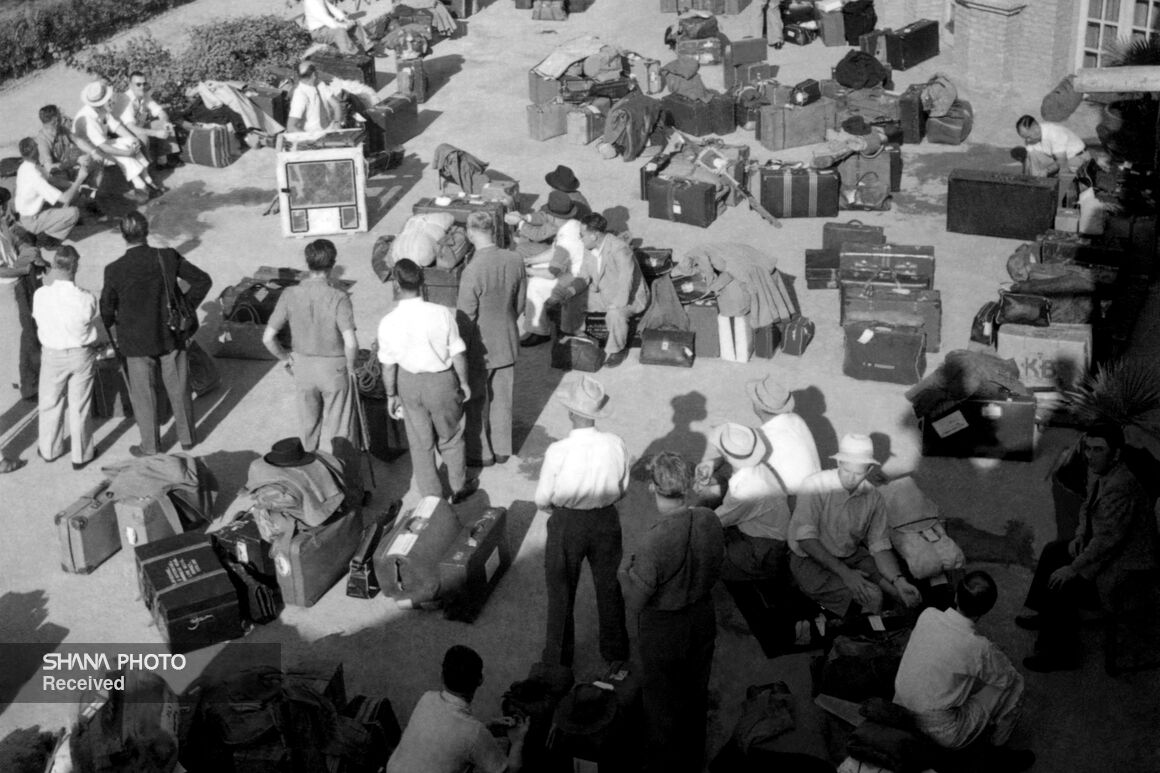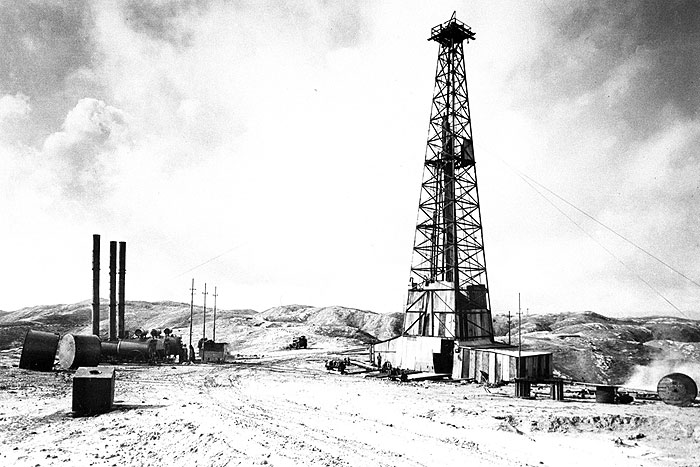History
-

British Expropriation
TEHRAN (Shana) -- Less than 10 years after Britain had emerged winner in the World War, Iranians nationalized their petroleum industry. That cost Britain dearly because they had recorded a strong victory in World War II and were gradually imposing their culture and language upon the world through media and economic policies. They were used to moving from country to country and change governments as they wished. They even installed British rulers in some nations. British colonies were rising in number. Relying on its strength, Britain claimed sovereignty over the entire globe. Under such circumstances, the oil nationalization movement called into question Britain’s political authority. The conditions worsened when Britain suffered a legal defeat at the international court of arbitration in the face of Iran. In the meantime, the influence of Iran’s oil nationalization on the Middle East and North Africa led to the formation of scattered small and large movements across the region. All these movements were hostile to British colonialism. Gholam-Reza Nejati, author of The Petroleum Industry Nationalization Movement, writes: “Britain was a world superpower. It was present everywhere. But it had suffered a deadly blow from a third world nation, i.e. Iran. The nationalization movement in Iran served as a model for other nations. Iran’s oil nationalization was the first well-organized anti-colonial movement in the Middle East. That is how Iran became a role model for other countries. Following the oil nationalization in Iran, General Najeeb and General Nasser rose up against the Farouk rule in Egypt and the Suez Canal was nationalized on 26 July 1956.”
-

History of Western Iran Oil Discovery
TEHRAN (Shana) -- If we want to find the root of Iran’s petroleum industry, we need to go through a process whose ups and downs are interlinked with the history of Iran.